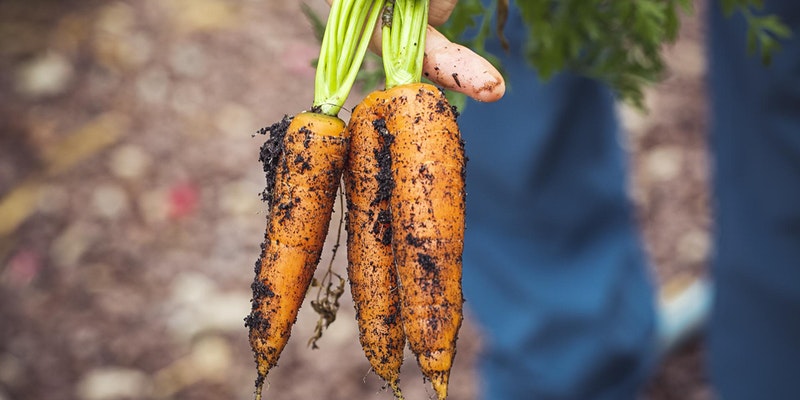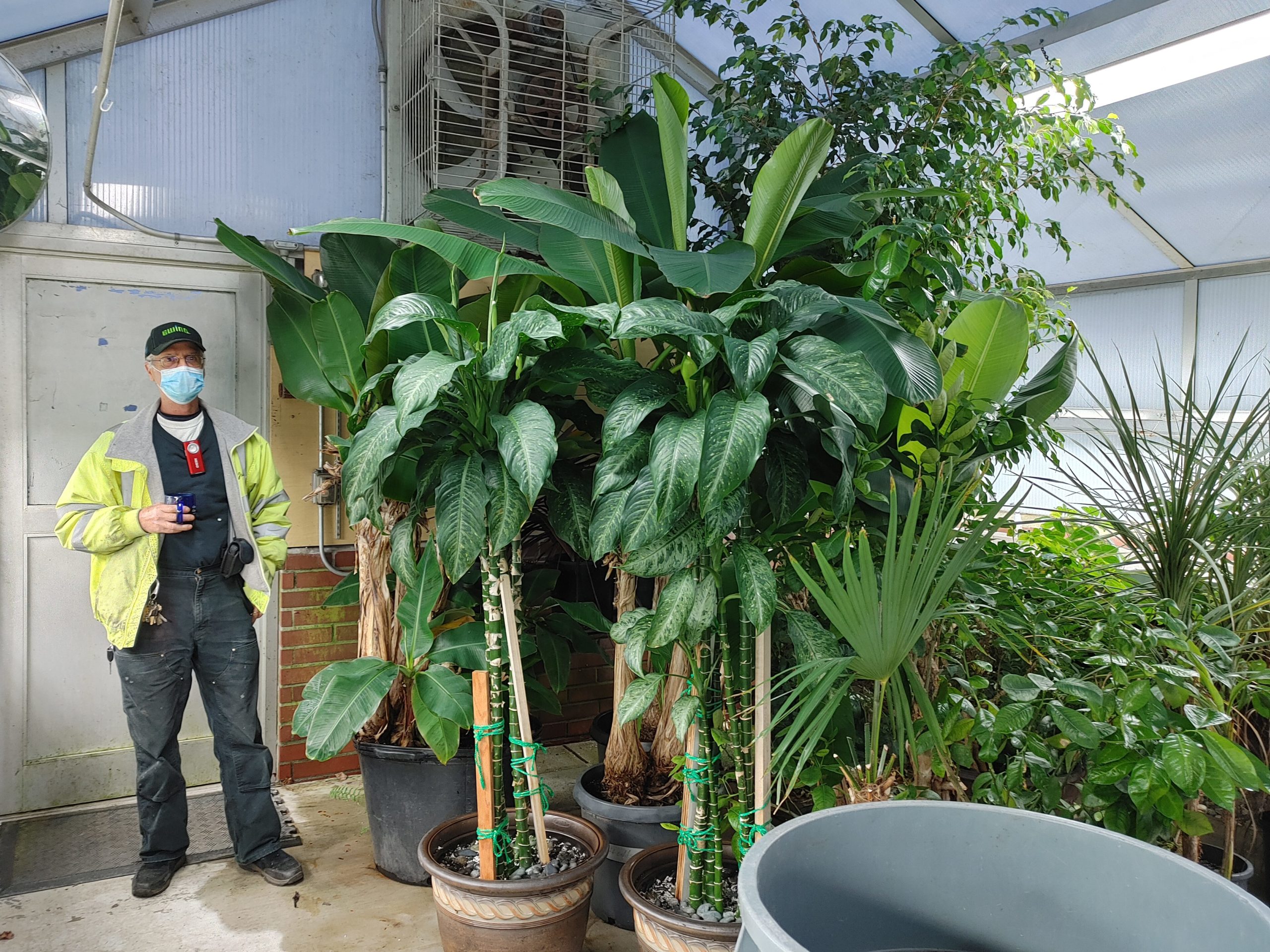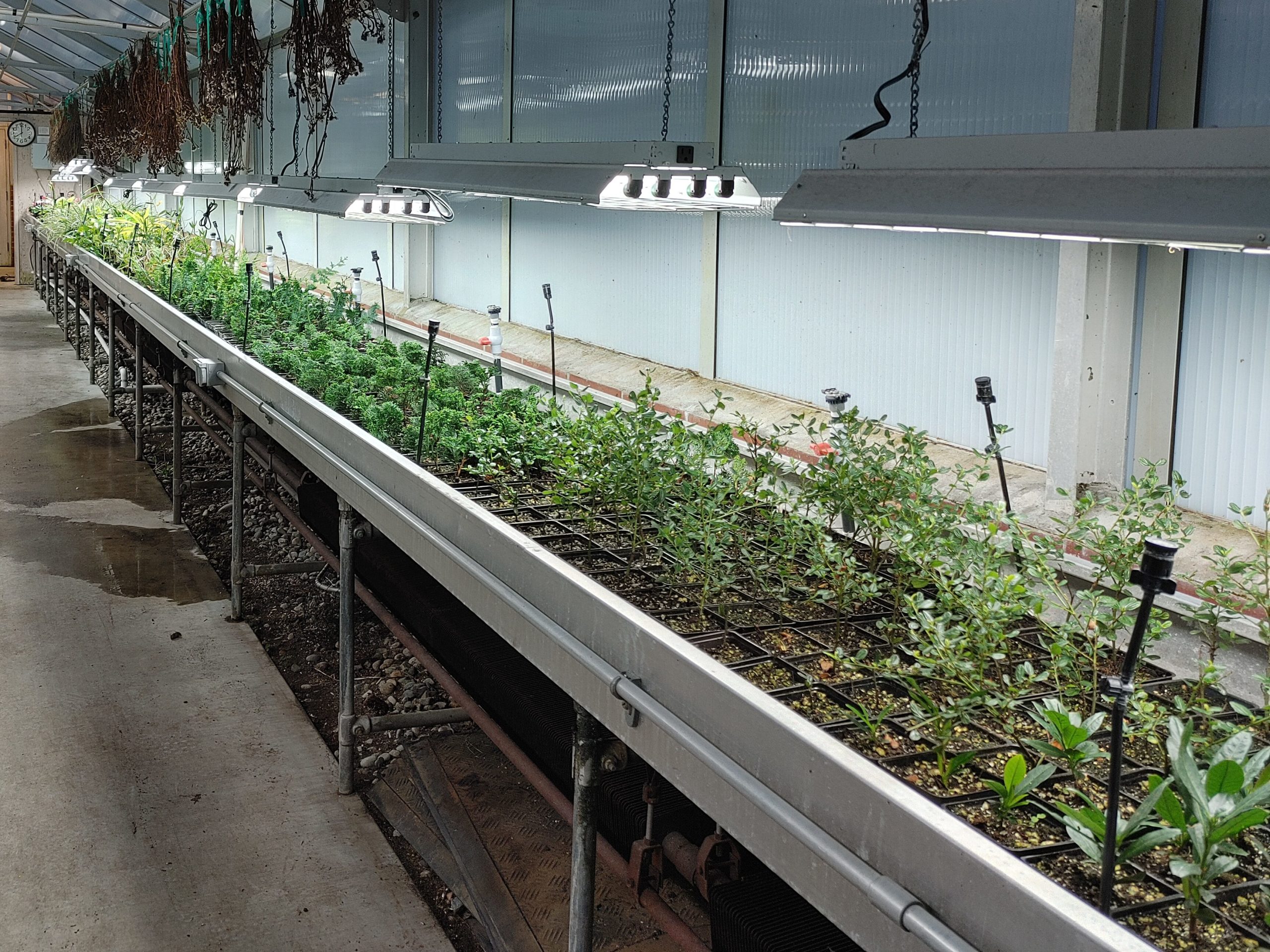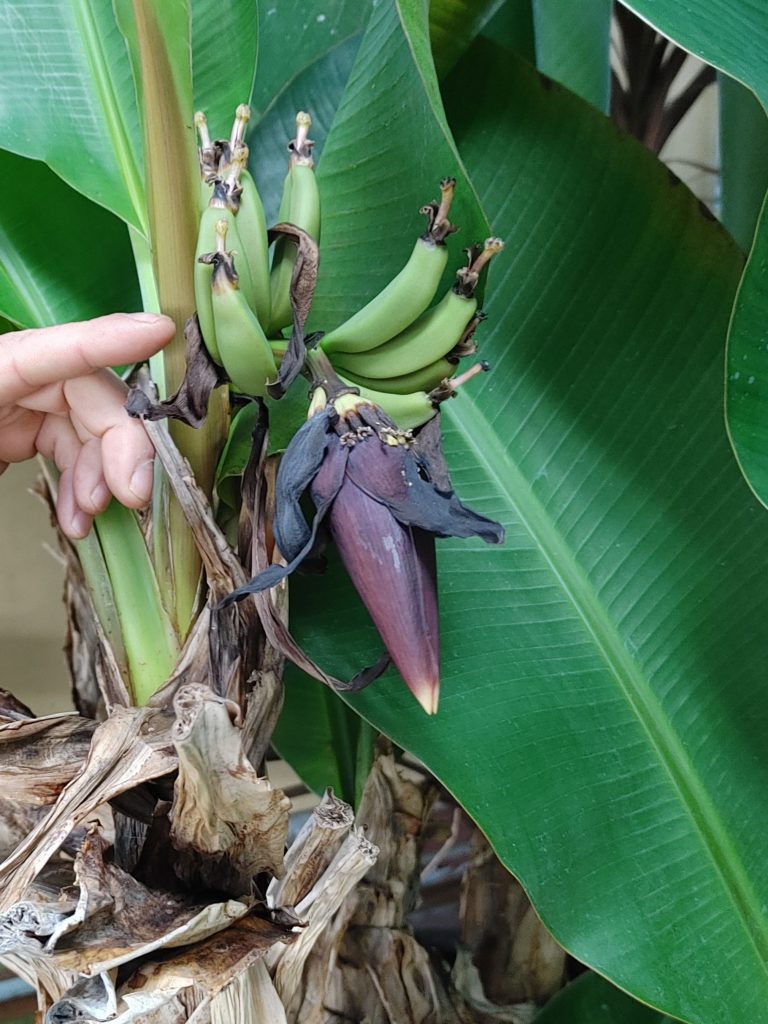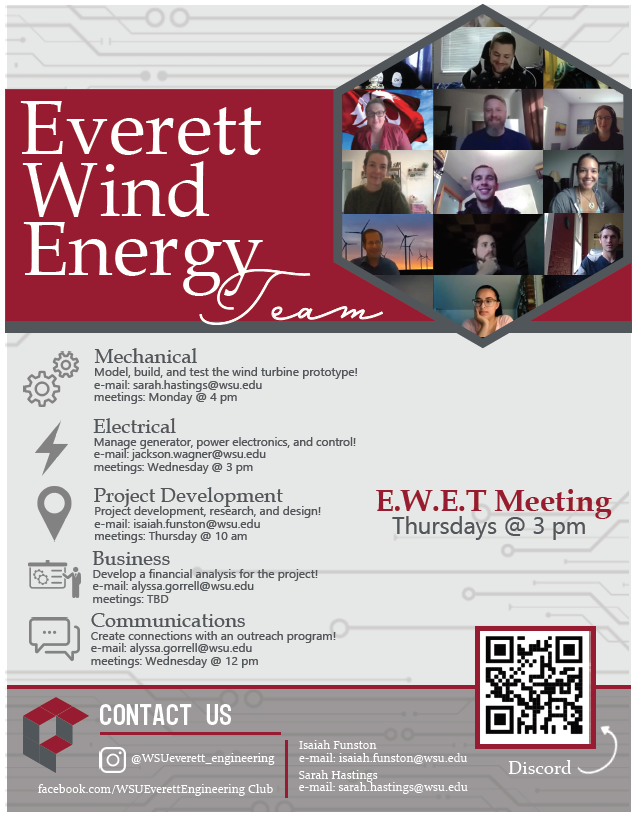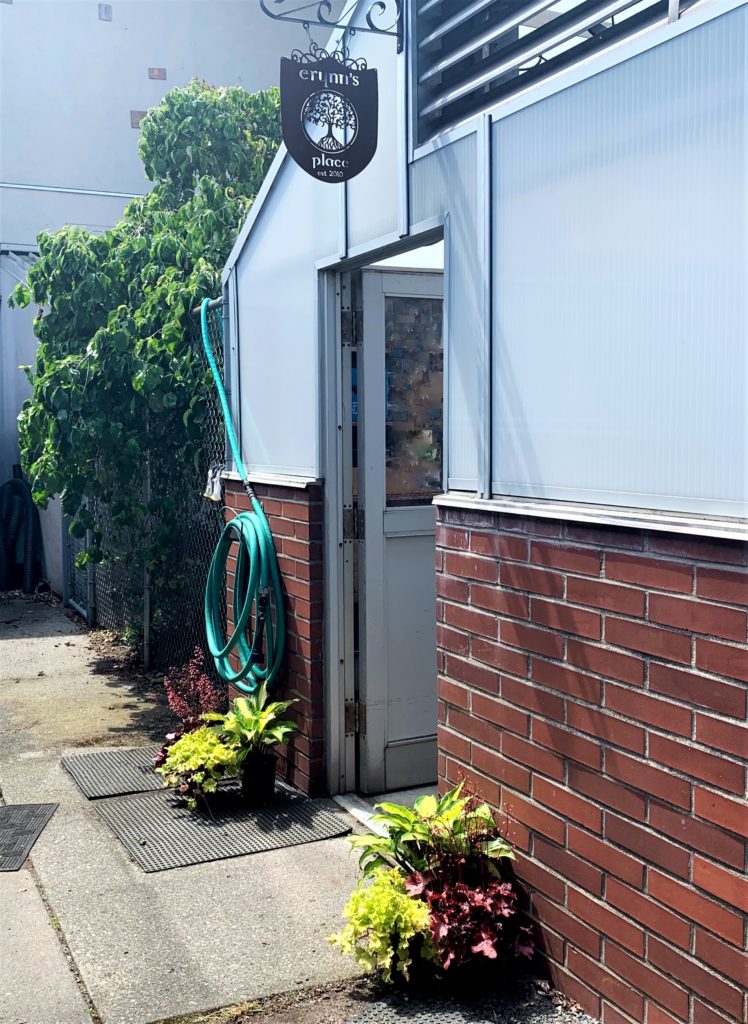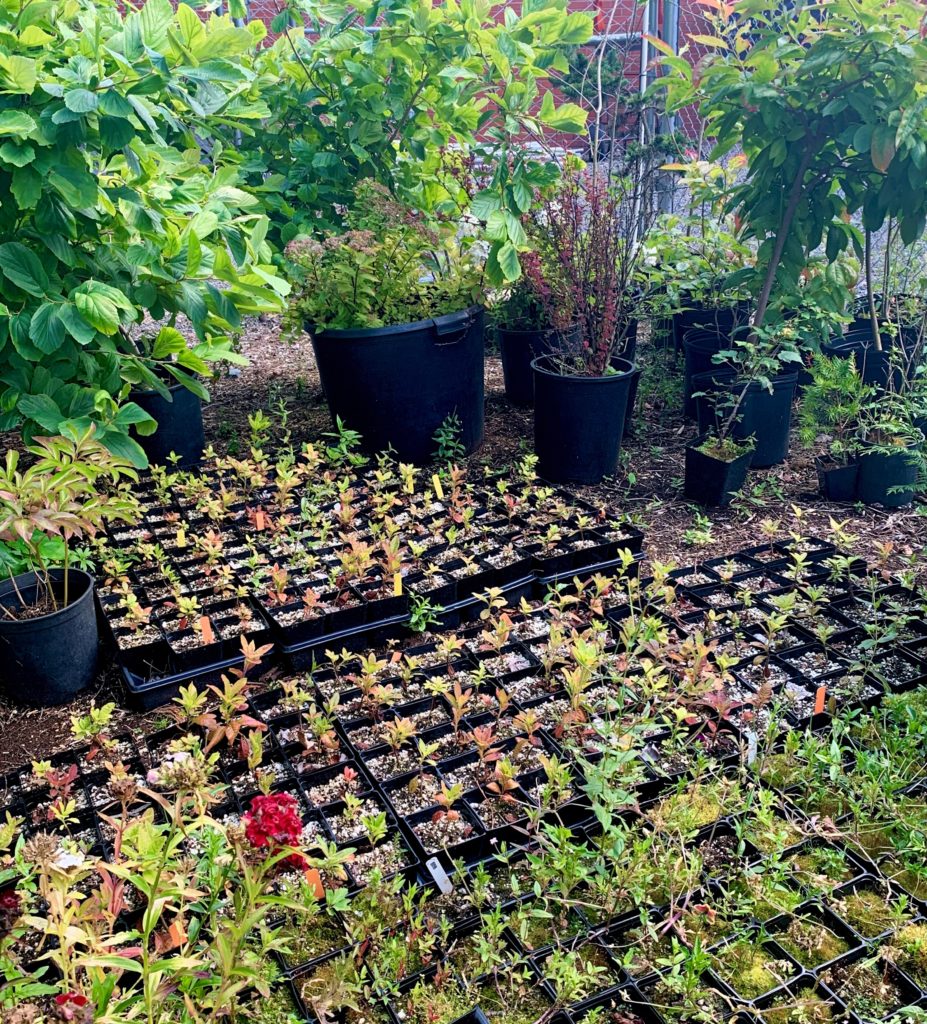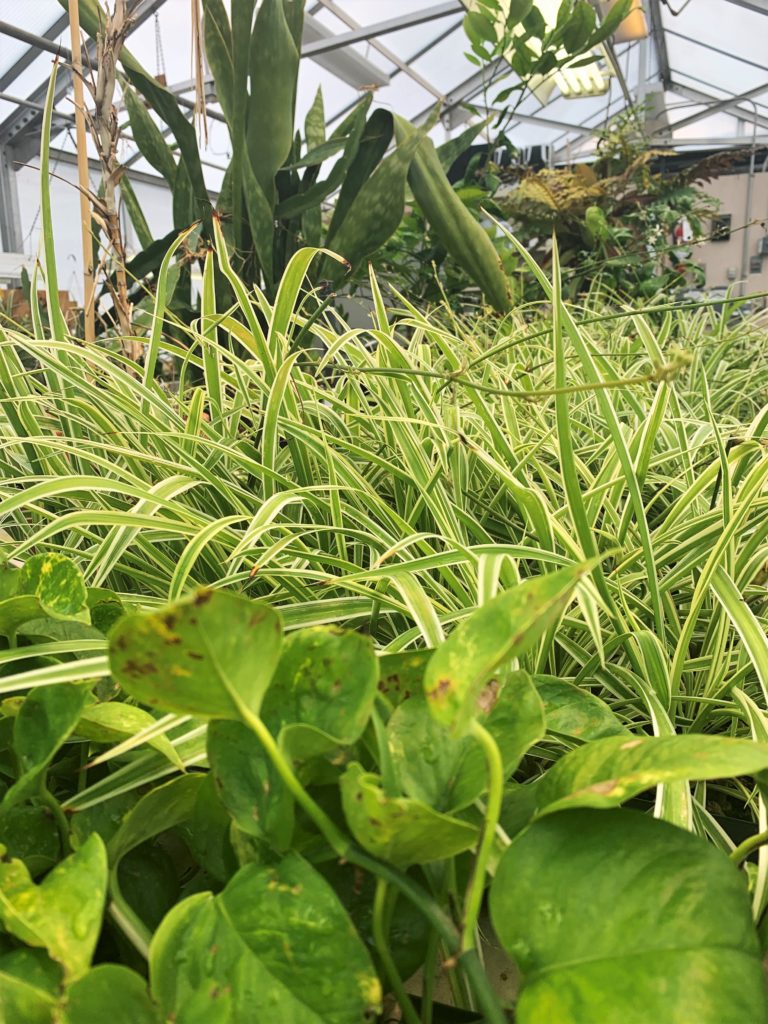What is stormwater runoff? On a forest floor, the rain is absorbed by the soil, but when rainwater falls on the mainly non-permeable surfaces we use like asphalt, gravel and concrete; this rain can mix with harmful substances on the ground like oil. This runoff ends up polluting our waterways and hurting wildlife.
There are many ways to reduce and combat stormwater runoff such as never dumping anything down a storm drain, avoiding pesticides, picking up pet waste, rerouting water from a downspout to help rain soak into the soil, repairing leaky side sewers, and much more. Check out a local stormwater or stream group like SnoKing Watershed Council (http://snokingwatershedcouncil.org/) to learn more and find stream and habitat restoration volunteer opportunities.
Visit this link to learn more about ways to reduce stormwater: https://www.kingcounty.gov/services/environment/water-and-land/stormwater/introduction/stormwater-runoff.aspx
See if you can get a rebate for installing a rain garden or cistern: https://www.700milliongallons.org/
Check out the Tulalip Tribes resources and virtual library about climate change, salmon, stormwater, and much more here: https://nr.tulaliptribes.com/Topics/ClimateChange





